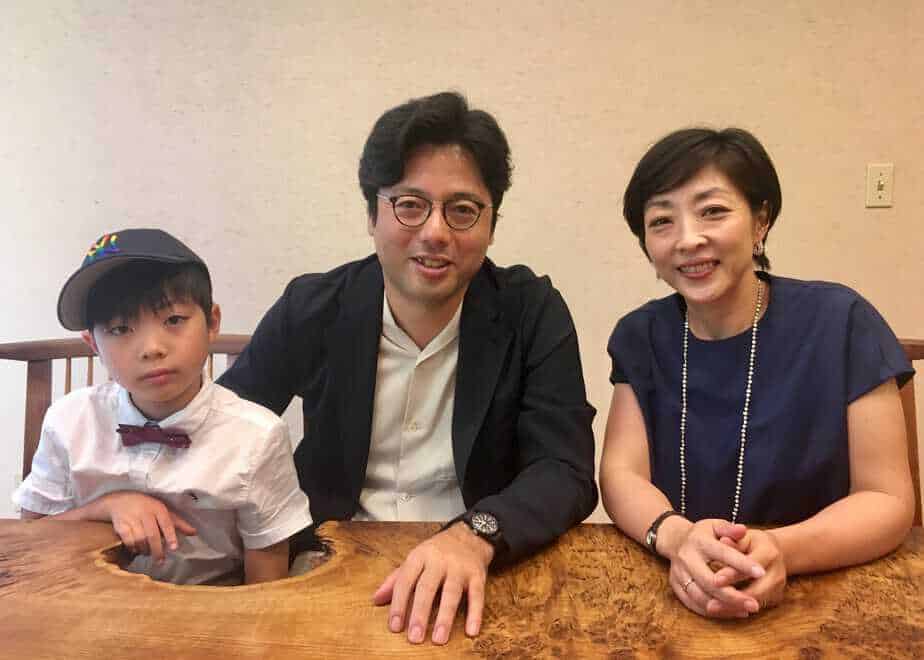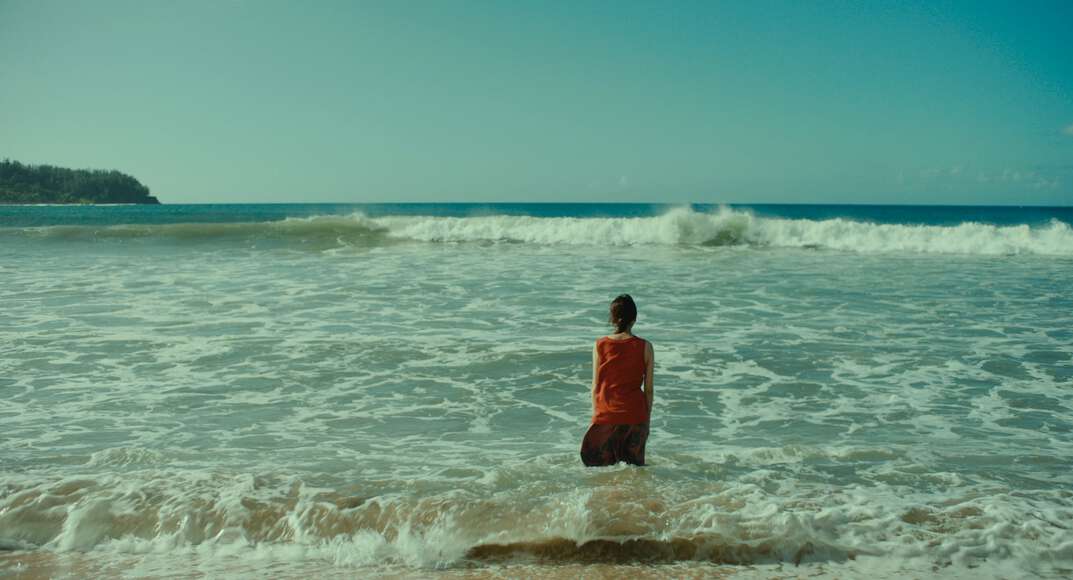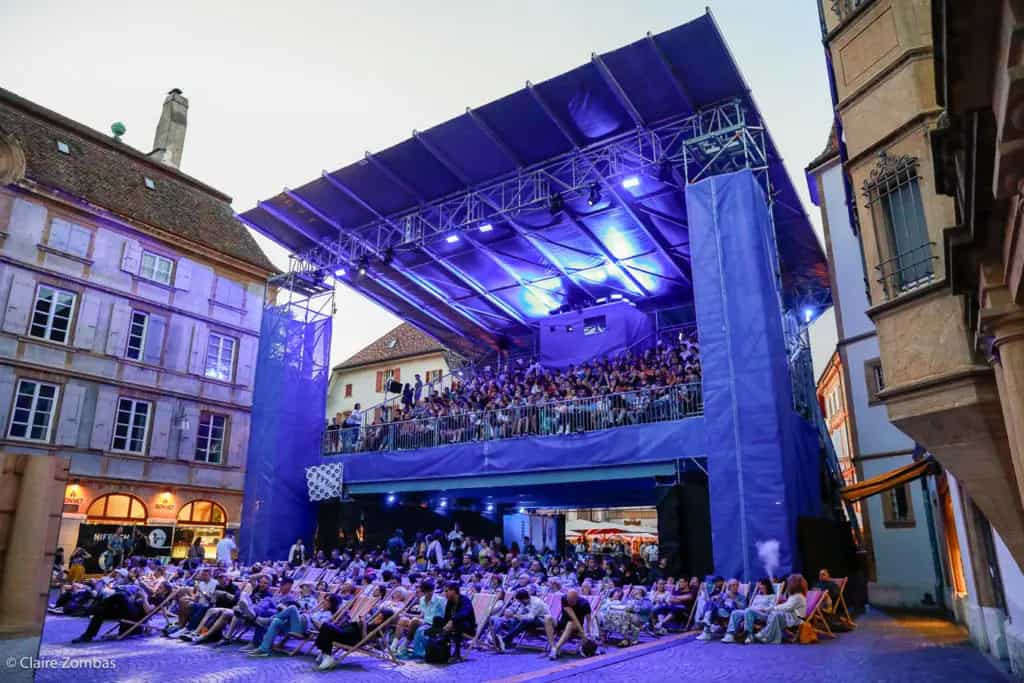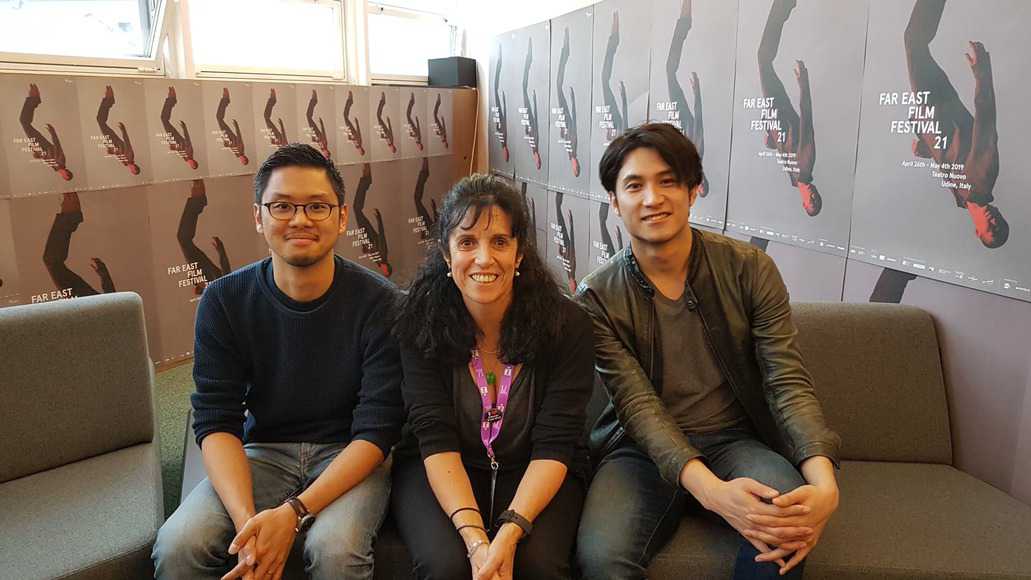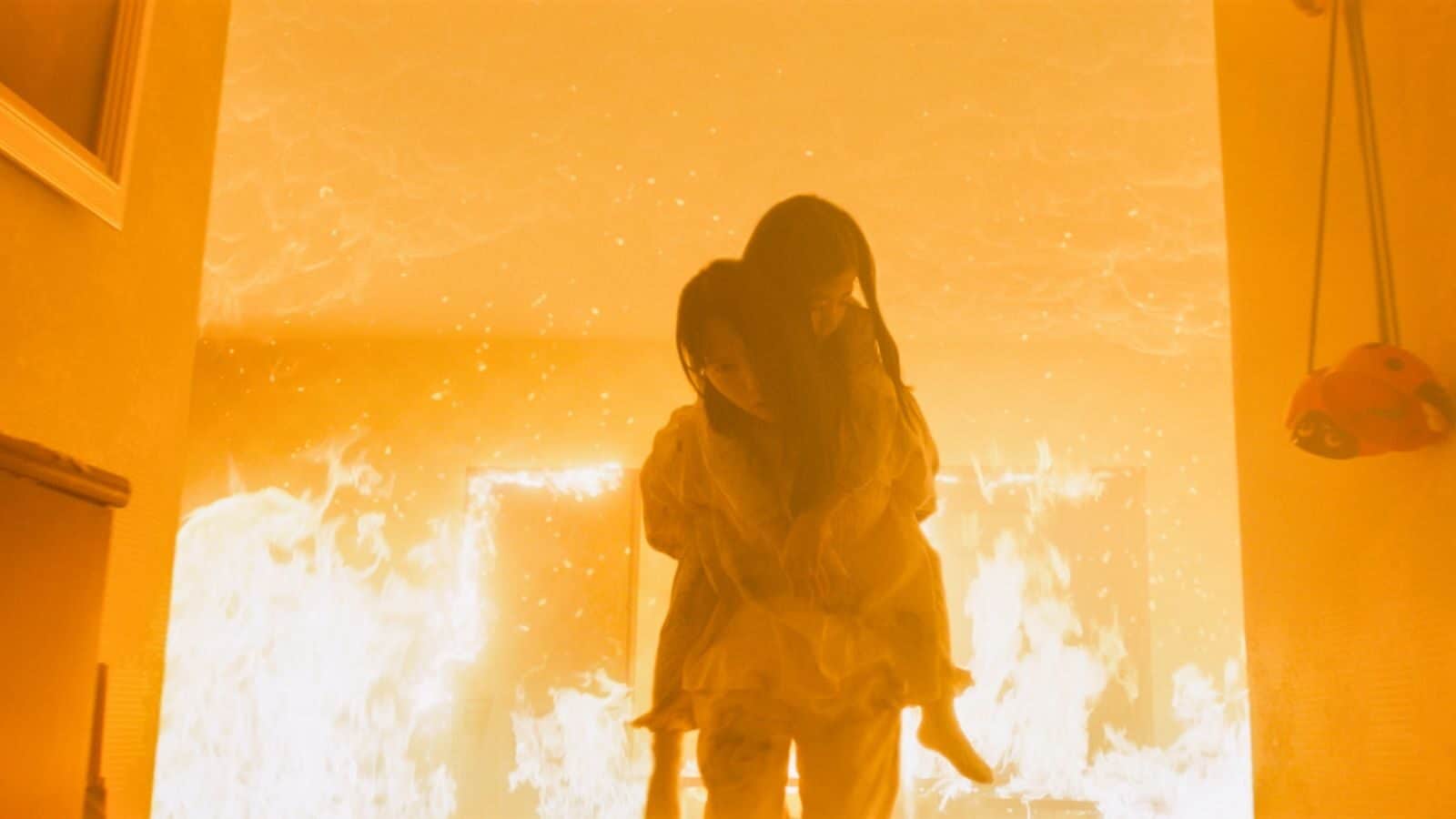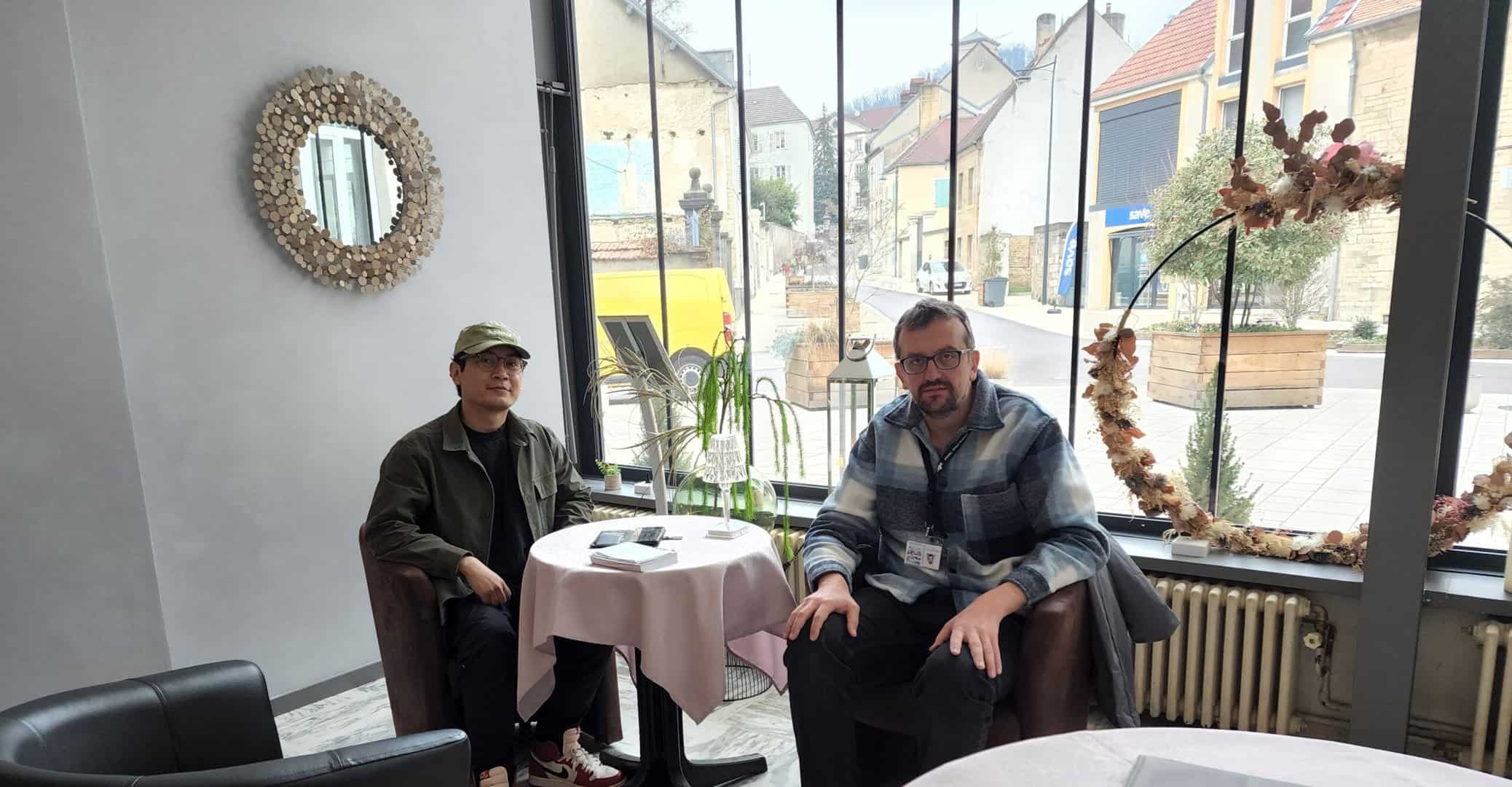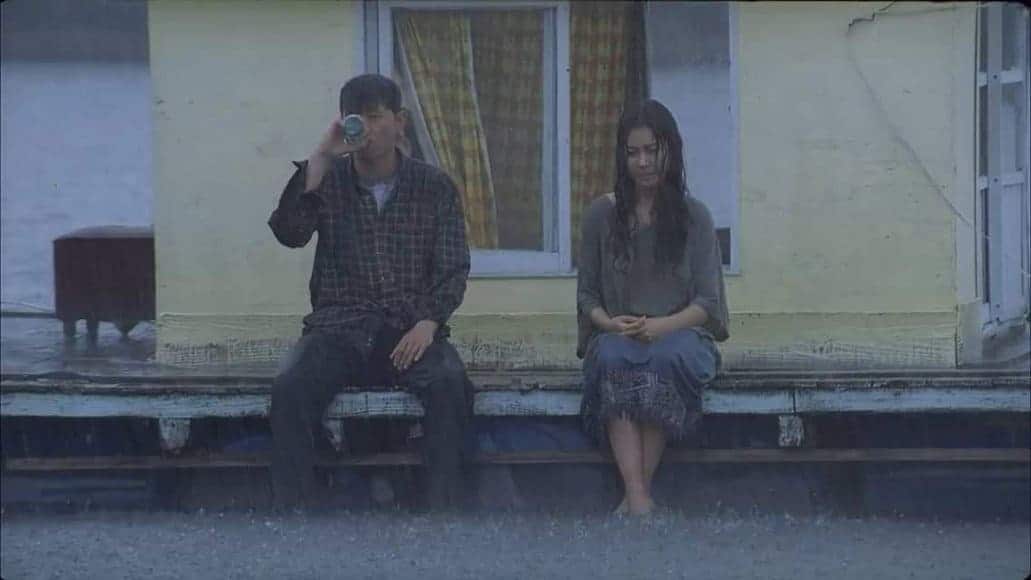Born in Shizuoka Prefecture in 1976, Kasezawa made Aozora (2001) about an open-air kindergarten for his senior project at the Film School of Tokyo, awarded 2nd place at the largest documentary festival run by university students. Before joining Documentary Japan, Inc. in 2002, he worked as assistant director for Makoto Sato (Living on the River Agano). As a TV director he's made numerous programs featuring young people committed to social change and preserving nature.
On the occasion of “A Step Forward” screening in Japan Cuts 2019 , we speak with him about his cooperation with Makoto Sato, the focus and the context of his documentary, his approach towards his “subjects” the documentary scene in Japan, and many other topics.

In which way your experience with documentary director Makoto Sato shaped your work?
I actually enrolled in a school where director Sato taught and so he mentored me while I was making a mid-length documentary. Through this cooperation, I understood a lot of things that made me want to become a director.
Your documentary focuses on an extraordinary character. Can you tell us how did all start? Did you want to make a documentary about Pastor Fujiyabu, or did you just come across him while researching on suicide?
I was thinking on making a film on suicide and then, around that time, I heard about Mr Fujiyabu.
“A Step Forward” does a great job of humanizing its “protagonist” without trying to turn him into a perfect hero. It really shows many of Pastor Fujiyabu's weak points. Would you like to talk about this choice?
The concept of weakness is very important to me and I think it is the fact that they all carry weaknesses that allows all these people you see on screen to empathize and relate to each other, and in the end, to unite. That concept is very interesting to me, the fact that their weaknesses are what is connecting them, especially in a society that nowadays asks for a lot of strength from people. I think this is very important.
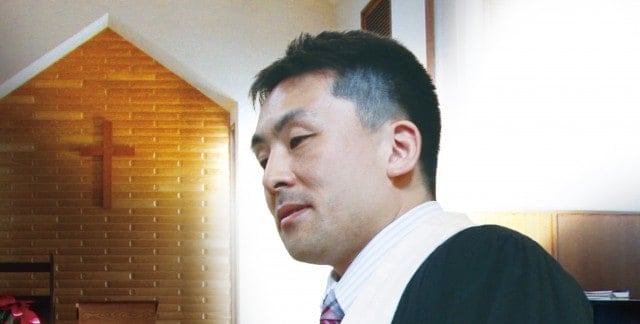
So, how would you describe Pastor Fujiyabu?
I find Mr Fujiyabu to be very unpriest-like, very unpastor-like. You see him wear this sportswear all this time, but he seems like someone who is very much “in the situation” there.
Access is such a critical element to documentary work. How exactly did you gain the trust of your subjects and get that access you needed?
Just by being there. I actually spent a lot of time with them, without the camera, and then we talked about different things and eventually this led to me asking if I had permission to shoot.
The interview process required them to talk about traumas that happened in the past, so it definitely took a long of time for them to open up, there was a lot of waiting involved before they started talking to me.

How much time did you spend recording the footage in the documentary and how much time editing?
Overall, it was about a year of spending time with them and I continuously kept going back. We had about 120-130 hours with them, the schedule was like going once or twice every month there for about ten days each time. The editing took about a year.
Surprisingly there are not many women in the film, apart from the first brief story and the pastor's wife (who seems to be a great and sustaining energy behind him). Why is that?
One of the reasons is that, although there are many women who come to the church carrying a lot of problems, people who end up staying, because they have no place to go back to, tend to be men. Oftentimes, women seem to have a place they could return to, and so, as a result, there are more men in the documentary.
How long and how challenging was the fundraising for the film?
(At this point, Akiko Tabakotani, Atsushi Kanezawa's producer and wife responded)
Actually, we got the opportunity to make this into a film by getting the funds from the Cultural Bureau in Japan and that got us started, and our company was very supportive, but in the end, the director had been putting his own money also. As a producer, I haven't done much, but I am also Kanezawa's wife, so I try to support him as much as possible, in many other ways.
What is the situation with the documentary scene in Japan nowadays?
There are many documentaries coming out of Japan right now, and you get many different kinds of documentaries and we have choices of what to watch. However, regarding the question of if they do well, it is not necessarily always the case.


